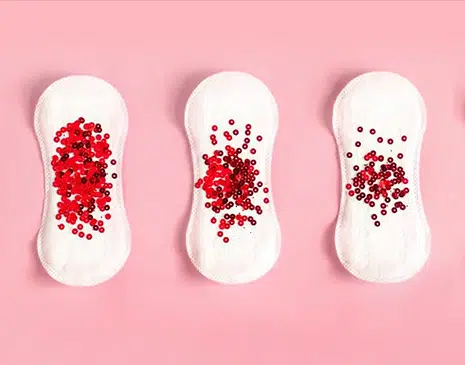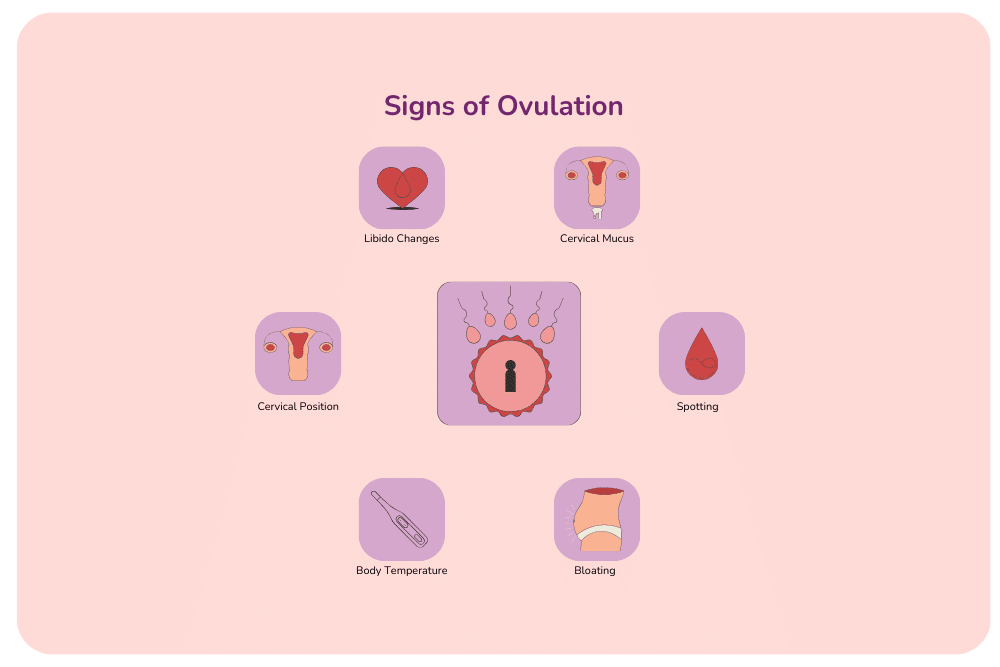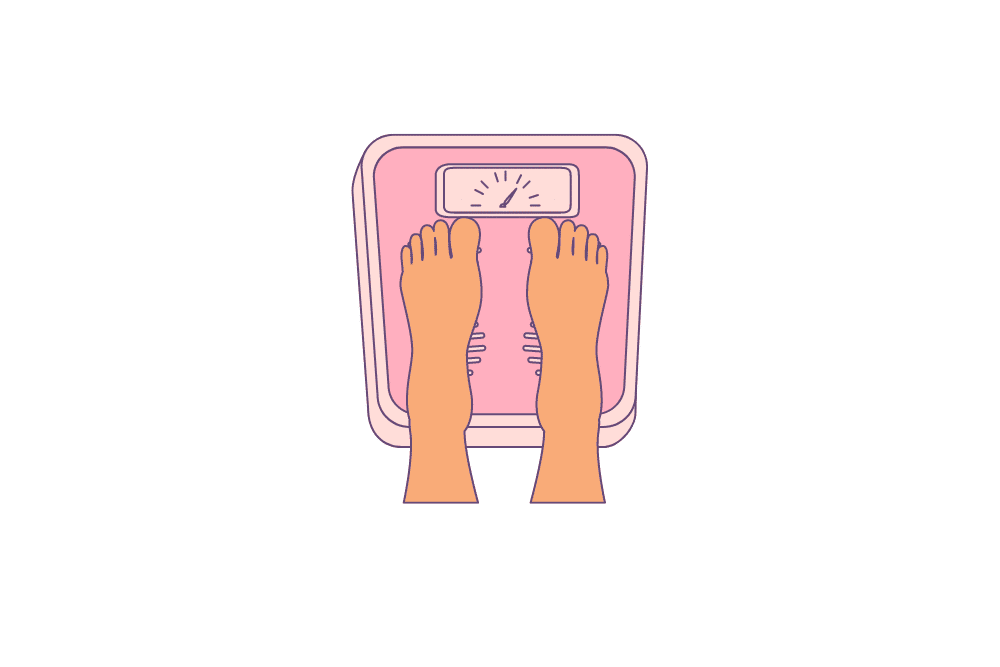Dealing with heavy periods (or menorrhagia)? It’s more common than you think—about 1 in 5 women experience it.¹ Here’s the lowdown:
What Heavy Periods Are All About
Heavy periods mean you’re losing more blood than usual, and it can seriously disrupt your day-to-day. Here are some signs that your periods might be on the heavy side:
- You’re changing your tampon or pad every hour.
- Blood’s getting on your clothes or bedding.
- You’re swapping out pads overnight.
- You’re passing clots bigger than a 50-cent coin.
- Your period lasts more than a week.
- The heavy flow is keeping you home or stressing you out.
Sound familiar? If heavy periods are cramping your style, it’s worth chatting with your doctor to rule out any underlying issues causing the heavy flow.
What Causes Heavy Periods?
Sometimes, heavy periods (or menorrhagia) happen without a clear cause – this is called dysfunctional uterine bleeding (DUB).¹ It can strike at any age, but it’s more common as you get older. Here are a few things that might be behind your heavy flow:
- Issues with the lining of your uterus, like thickening or even cancer.
- Fibroids—those pesky lumps in your uterine muscle.
- Certain meds, like blood thinners.
- Other health conditions that might be in play.¹
The Link Between Heavy Periods and Anaemia
Losing lots of blood every month can lead to low iron levels, or anaemia.¹ Here are some signs you might be low on iron:
- Feeling tired all the time.
- Getting dizzy when you stand up.
- Shortness of breath.
- Feeling your heart race.
- Noticing your skin’s looking paler than usual.
If any of these ring a bell, it’s worth a chat with your doctor.
How Do You Treat Heavy Periods?
There are a few ways to tackle heavy periods, depending on your situation. Your doctor might suggest:
- Meds that can lighten your flow, like anti-inflammatories or the pill.
- A hormonal IUD that can help ease heavy bleeding.
- Sometimes, surgery might be on the cards—like removing fibroids or reducing your uterine lining. In more extreme cases, a hysterectomy might be considered.¹
Tips for Managing Heavy Periods
Hygiene
Change your tampon or pad every 3 to 4 hours (or every 4 to 5 hours for pads), especially on heavier days. And always wash your hands before and after.
Sleeping
Opt for pads over tampons at night. If you do use a tampon, change it right before bed and first thing in the morning to lower the risk of toxic shock syndrome (TSS).
Diet
Stay hydrated with plenty of water and munch on iron-rich foods like red meat and chicken to keep your iron levels up.
When Should You Get Help?
If your heavy periods are more than just an inconvenience and are affecting your quality of life, don’t hesitate to reach out to your doctor. And remember, bleeding after menopause isn’t normal – definitely bring that up with your doc.
For more info or if you need advice anytime, you can book an appointment with a Youly doctor online. They’re there for you!
Want to dig deeper? Check out trusted sources like Jean Hailes and The Royal Women’s Hospital for more info on managing heavy periods.
Source
- Australia H. Heavy periods [Internet]. www.healthdirect.gov.au. 2020. Available from: https://www.healthdirect.gov.au/heavy-periods





